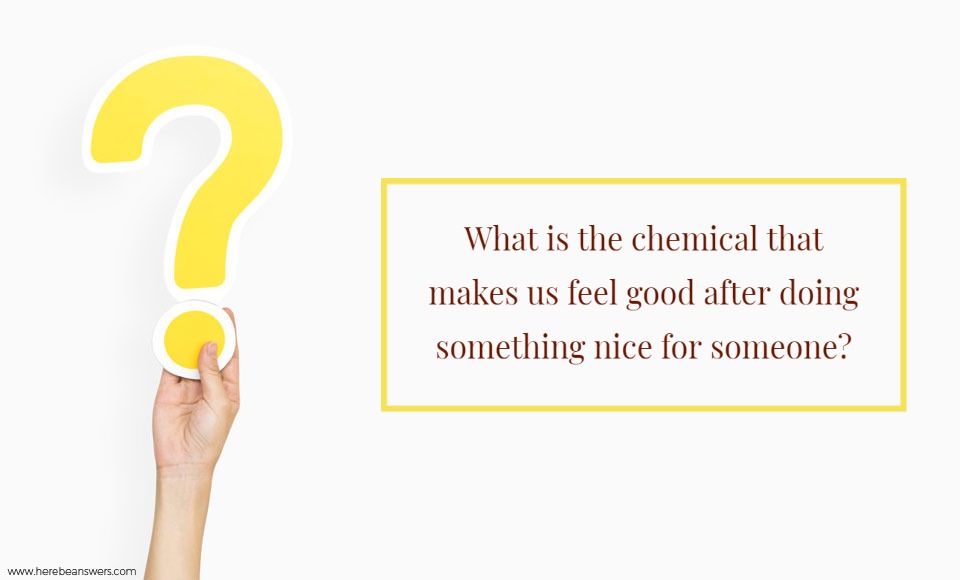An Instagram post says, “Off to somewhere #ChasingHappiness.” Happiness is indeed something that everyone wants. We try to achieve things that make us happy. We go to our dream places. Eat the foods we crave. Watch the concert of our favorite band. Buy new clothes and shoes. Be with our families and loved ones. Find inner peace. Strive to succeed in a chosen career. Grow a business, and so on. There are endless lists of the things that would make us happy and feel good.
Every individual has his or her principles, values, and beliefs that serve as a guide to daily lives, decision making, and dealing with others. Some people do kindness without expecting something in return, such as what philanthropists do. Although initially, philanthropy from Greek ‘philanthropia’, meaning “to love people” today, the concept includes voluntary giving by individuals or groups to promote the common good. No one forces them to share goodness with others, not related to them by blood or in any other way. Maybe the “do good, feel-good phenomenon” can explain the reason behind this act.
According to researchers, the more people do acts of altruism, the higher they raise their self-esteem. And thereby, the higher they also raise their happiness. Happiness, as some say, is something that money cannot buy. But these acts of kindness help in making people happy and in a more beneficial way.
While walking down the road, you came across someone asking for a penny to buy food or drinks, you help him, and suddenly there’s a part of you that feels genuinely happy because you did an act of random kindness.
Science says that this feeling is called “happiness high.” It is like a cycle that when you feel good, it drives you more to do kindness until it becomes a habit. You do what you do because your brain tells you to do so. But when you do nicely to others, what is it that makes you feel happy?
Feelings of happiness and joy are caused by four primary brain chemicals: dopamine, oxytocin, serotonin, and endorphins, or DOSE for short.
Dopamine
Dopamine is a hormone that plays a vital role in the brain’s reward system. And it is always associated with tech addiction that is rampant nowadays. It makes people feel pleasurable whenever accomplishing a particular task. Therefore it motivates a person to do more. The same thing applies when you extend kindness to others; you think you are rewarded with happiness in exchange for a little help you made. There is a feeling of instant gratification.
Dopamine, probably made the early humans survived. They got the feeling of motivation to hunt down animals for food. Dopamine will help you get through your to-do list or motivates you to start a new habit. Aside from the reward system, dopamine is responsible for learning, memory, motor system function, and more. (click here for more details)
Oxytocin
Doing something nice is not just helping out materially. It can also be in the form of physical support, to show that you care.
When your friend is emotionally troubled after a break-up with his boyfriend, or when your mother had a serious argument with your dad, you show your concern by hugging them and telling them they’re not alone. After doing those things, you also felt good. It is because of the chemical oxytocin.
Oxytocin is also referred to as the “hugging drug” because the brain releases it during a positive physical contact with others. It’s also the reason behind the feelings for love, friendship, deep trust, and of humans being social. Positive social interaction is the best way to boost the production of this hormone.
Go and share a meal with a friend, give a token of appreciation to the staff in your office, paying full attention while listening to your mother, and give long hugs. (click here for more details)
Serotonin
Another social chemical is called Serotonin, but it functions in an entirely different way. Serotonin makes you feel good in receiving pride, loyalty, and status. When you receive recognition from others such as graduating with honors, winning a race, or getting promotions in your job, serotonin creates that feeling of happiness and all positive emotions.
Interestingly, serotonin can help build both sides of social dynamics. Serotonin motivates a leader to excel and grow their influence, to win awards and be more recognized in his position. Moreover, it also compels followers to do well and not to let down their leader.
Endorphins
The body releases endorphins in response to pain, stress, and discomfort. It is a natural pain reliever and increases when you engage in reward-producing activities, such as eating, working out, or having sex.
Once pain is removed, endorphins can make you feel “high” or relaxed. For example, taking a cold shower in the morning can give you a considerable boost of endorphins after enduring a minute or two of physical discomfort.
It’s even been argued that endorphins cause the joyful feeling you get from deep belly laughs! So what makes this chemical a happy drug?
It is the reason why physical exercise is often suggested to help reduce stress. Starting a gym routine can help you relax after a long day at work, despite you also exert energy.
